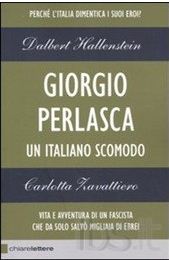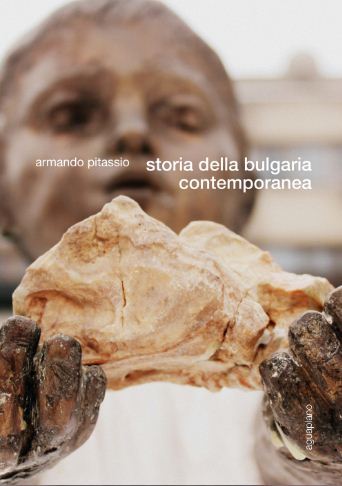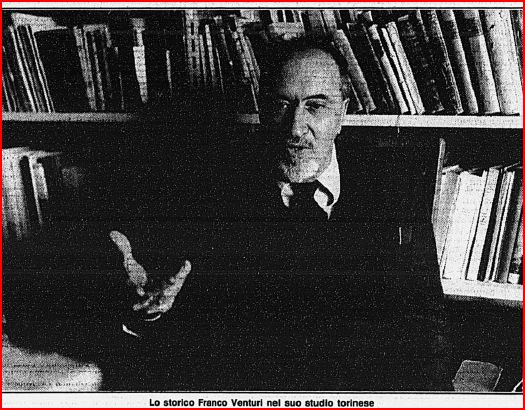“Contemporary Uses of the Second World War in Russia”
Call for Contributors: “Contemporary Uses of the Second World War in Russia”
Journal of Power Institutions in Post-Soviet Societies (PIPSS).
The deadline for article submission is June 15th, 2011, with publication in Autumn 2011. Final decisions on publication will be made by the Editorial Board.
Elisabeth Sieca-Kozlowski & Vanessa Voisin, 13th Issue Editors
The Second World War gave rise in the USSR to a myth whose beginnings already existed at the time, but which developed gradually, finally taking on institutionalized form after the 1960s (essentially in the sense of commemorative plaques, monuments and museums) in the context of the Cold War and the evolution of the system that followed on de-Stalinisation (N. Tumarkin).
In Soviet sources, the “Great Patriotic War” then became a significant element of identification, the founding event of the new post-war world order. Despite its violence and the amplitude of devastation in the USSR, the war indeed gave the country its status as a great power and key partner on the international stage. In addition, having won out against Nazi ideology, the war endowed the soviet idea with a prestige theretofore unknown. Finally, inside the USSR, it served among others the purpose of developing the theme of the unity of the soviet population behind the communist party and its social project.
For a long time, this official recounting of the soviet war experience overshadowed the wide variety of experiences of the war – to the point of making no mention of phenomena as important as the specific extermination of the USSR’s Jews, the extent of collaboration with the occupier, the experiences and return of prisoners of war and of deported workers to Europe etc.
The fall of the USSR and the opening up of archives made possible the publication of an extraordinary number of archival documents, monographs, memoirs and new films on the Second World War. Military, social, and diplomatic history were all profoundly overhauled, giving rise to debates among specialists previously impossible. Of course, allowing the entry of foreign researchers into Russian archives significantly contributed to the effervescence of historical studies, but Russian historians themselves have now addressed the most sensitive subjects: repressions during the war – from deportations of peoples to internal repressions in the army (F. Bugai, V. N. Zemskov, V.E. Zviagintsev, etc.), collaboration and its repression (B. Kovalev, A. Epifanov, S. Kudriashev), genocide (“Kholokost” centre and collection in Moscow), the issues of repatriated persons (P. Polian, Arzamaskin, I. Govorov), foreign prisoners of war (N. Surzhikova), the soviet occupation in Europe at the end of the war (collections of documents on the SMAD, Soviet Military Administration in Germany), etc.
However, at the very moment when the study of history was progressing, the country’s new political direction took possession of the war to draw up a narrative of Russian identity in the 20th century. Gradually, the historic victory of 1945 began to serve a discourse of power that once again demanded the obliteration of the darkest aspects of Kremlin politics during the war. In 2003 a history textbook accused of playing down the role of the USSR in the victory over Nazism was withdrawn from sale. In June 2007, Vladimir Putin, addressing history teachers, declared: “Let us not authorise anyone to impose on us a feeling of guilt”. That same year, a new, “politically correct” textbook was published.
A new stage in this “repossession” of the history of the war was reached when Dmitri Medvedev, President of the Federation of Russia, signed a decree creating the “Commission to counter attempts to falsify history”.
Thus the reading of World War II is today of renewed relevance, which the Journal of Power Institutions in Post-Soviet Societies proposes to study in a special issue devoted to the ways in which the Second World War is narrated and remembered in the various registers of present day Russia. For example, what changes are being made in the history of the war as recounted in textbooks? What view should we take of contests in the schools that award first prize to the best personal research on local history of the war? In terms of national heritage and museography, how does the memory of the war still come into play now, in people’s everyday lives? In what ways does the narration of the war make it possible to deal with, or to orient certain issues arising in contemporary Russian society, in particular the place of the different nationalities?
We will thus examine contemporary visions and re-appropriations of the history of the war – from local testimony-collection initiatives, school war museums and school textbooks, to representations in films, programmes on Zvezda, and cultural events.
This special issue will seek to present a diversity of points of view and types of contribution: articles by Russian and foreign specialists (points of view of western historians and CIS specialists, reviews of recently or soon-to-be-published works in connection with the Commission to counter attempts to falsify history, etc.
Guidelines for article submission
The journal will be published in three languages (French, English and Russian with a 100-word abstract in English) thanks to which most authors will be able to write in their mother tongue. This will ensure greater precision in the articles and avoid a decrease in scientific quality. But we draw your attention to the fact that most pipss.org readers are essentially English speakers, therefore we do encourage articles in English in order to reach an audience as broad as possible.
The articles submitted to pipss.org for publication should be original contributions and should not be under consideration for any other publication at the same time. Manuscripts should be attached as Microsoft Word format. References should be given in footnotes. (For more details about the guidelines for article submission please check http://www.pipss.revues.org or contact the Editorial Board). There should be a cover page stating the author’s background and affiliation, full address.
If you wish to submit an article, please first contact the editorial board and send a 100-word abstract in English. The deadline for article submission is June 15th, 2011, with publication in Autumn 2011. Final decisions on publication will be made by the Editorial Board.
Please send your contributions or inquiries to:
Elisabeth Sieca-Kozlowski, Chief Editor, contact@pipss.org
Elisabeth Sieca-Kozlowski,Vanessa Voisin (13th Issue Editors)
——–
Papers dealing with other issues related to armies and power institutions in the CIS, as well as book review proposals are also welcome.
——–
REVIEWS
Publishers interested in publicizing their editions, please send review copies to:
Elisabeth Sieca-Kozlowski / CERSIPS c/° CERCEC
54 bd Raspail
75006 Paris, France













